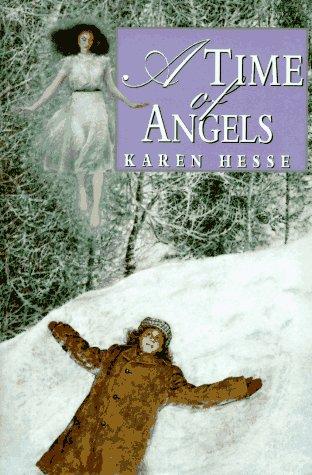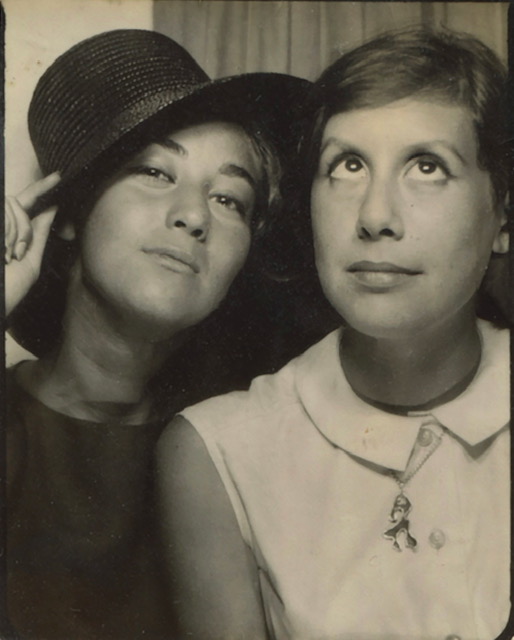It is September 1918, near the end of World War I, and the life of a 14-year-old Jewish girl in Boston is about to be turned upside down. Hannah and her two younger sisters, Libbie and Eve, live in a basement tenement with their great-aunt Tanta Rose and her stern roommate Vashti, who practices herbal medicine. The girls’ parents are in Russia and have not been heard from in months.
The influenza epidemic hits Boston hard. Within hours, Tanta Rose dies, and Libbie and Eve fall deathly ill. Despite Hannah’s protests, Vashti orders her to leave for a relative’s house in Albany, both for Hannah’s protection and so that Vashti can focus on saving her sisters. In a daze, Hannah buys a ticket for the wrong town and then is stricken with influenza on the train. She is taken to a Red Cross emergency hospital in Vermont, where she knows no one. Two weeks later, an old German immigrant named Klaus Gerhard volunteers to care for her at his farm while she convalesces.
In moments of crisis, a mysterious angel with violet eyes guides Hannah toward safety. The angel first appears to save Hannah from a streetcar accident and returns when she is terribly ill on the train. The angel’s presence weaves the story together with a soft, supernatural glow of hope that promises transcendence over suffering and loss.
The book offers several appealing older characters. Tanta Rose is nurturing and motherly as she bends over her piles of sewing. Klaus is consistently kind to Hannah. He looks like a “very thin Santa Claus” and limps from a wound he received in the American Civil War. Although he would love to adopt Hannah, Klaus understands her anxiety to return to Boston.
Hannah goes through an arduous healing process, not just from influenza but also from psychological trauma. Her discussions with Klaus about the war, and her anger when the townspeople treat him badly because he’s German, help her move beyond her own prejudices toward a broader, more forgiving view.



